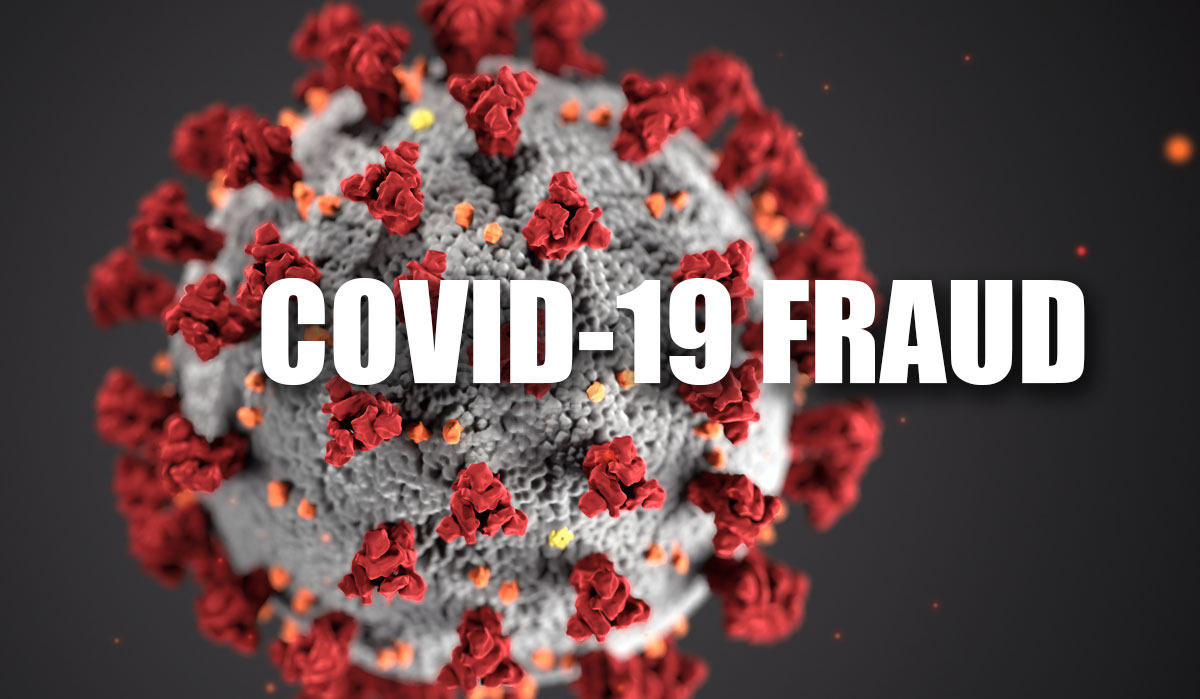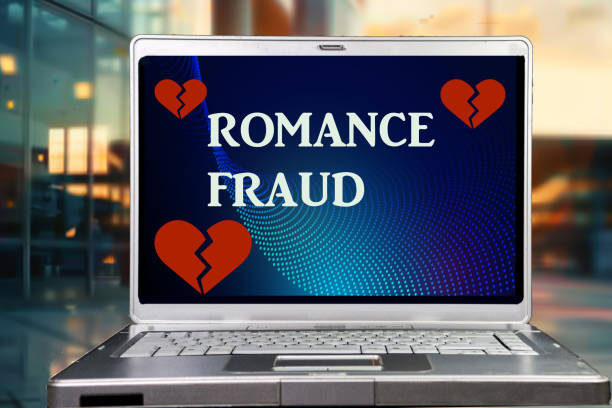It has now been more than four years since COVID-19 began ravaging the U.S., but the worst health crisis any of us have ever faced so far in our lifetime hasn’t stopped people from trying to financially take advantage of others.
Over the last four years, the IRS Criminal Investigation unit has investigated 1,644 tax and money laundering cases related to COVID fraud totaling $8.9 billion, according to statistics released by the tax agency on March 28. Well over half that amount has come from cases opened in the last year, IRS-CI said.
These cases include a wide range of criminal activity, including fraudulently obtained loans, tax credits, and payments meant for American workers, families, and small businesses under the Coronavirus Aid, Relief and Economic Security (CARES) Act, which was signed into law on March 27, 2020, to provide emergency financial assistance to millions of Americans hurting from the economic effects of the coronavirus pandemic.
As of Feb. 29, 2024, 795 people have been indicted for their alleged COVID-related crimes and 373 individuals have been sentenced to an average of 34 months in federal prison. During the last four years, IRS-CI has obtained a 98.5% conviction rate in prosecuted COVID fraud cases, officials said.
“The work by IRS Criminal Investigation provides a vital role in protecting against fraud and serves a key part in the agency’s wider efforts to ensure fairness in the nation’s tax system,” IRS Commissioner Danny Werfel said in a statement. “Protecting taxpayers against fraud in pandemic-era programs is just one example of the important role that CI plays in the law enforcement community. A healthy budget for the IRS helps us get the job done, and the work of CI provides a critical safety net to protect the nation against fraud.”
The agency said IRS-CI’s ongoing fraud-protection work will be supported by additional resources used by the IRS thanks to funding from 2022’s Inflation Reduction Act.
“In the last year alone, we have opened nearly 700 new COVID fraud investigations that collectively add up to $5 billion in potential fraud,” said IRS-CI Chief Guy Ficco, who recently succeeded Jim Lee as head of the agency’s crime unit. “While COVID may no longer be top of mind to the average American when they wake up, the fraud committed through these different programs is very much top of mind to CI. Our special agents continue to seek out fraudsters who stole money from government loan programs for their personal gain.”
In one recent case, Rami Saab, also known as “Rami Hasan,” was sentenced to 10 years in prison and required to pay $9.6 million in restitution last month for his role as the mastermind behind a sprawling conspiracy to fraudulently obtain loans during the pandemic.
Saab and a network of co-conspirators fraudulently applied for more than $32 million in loans from the Paycheck Protection Program (PPP) and Economic Injury Disaster Loan Program (EIDL) on behalf of shell corporations they controlled, according to IRS-CI. Relying on false information and fabricated documentation supplied by Saab and his group, the Small Business Administration (SBA) and private banks administrating the PPP and EIDL programs granted at least 20 such applications, resulting in Saab and his fellow conspirators fraudulently receiving $9.6 million in emergency-relief funds intended for small businesses. Using a web of more than 50 otherwise dormant bank accounts, Saab and others laundered the proceeds before using the funds for their own self-enrichment.
In another case, Terrence L. Pounds was sentenced recently to 94 months in prison and ordered to pay more than $4.2 million dollars to the SBA after being convicted of conspiracy to commit wire fraud, wire fraud, and money laundering.
Pounds and his co-defendants devised a scheme to obtain SBA-financed loans from the EIDL Program and the PPP under false pretenses, often claiming the loans were for nonprofit, faith-based organizations with more than $1 million in revenue and 15 employees, according to IRS-CI. He successfully obtained millions of dollars in loans and then used the money to purchase several new vehicles, which were later forfeited to the U.S. government.
Thanks for reading CPA Practice Advisor!
Subscribe Already registered? Log In
Need more information? Read the FAQs




